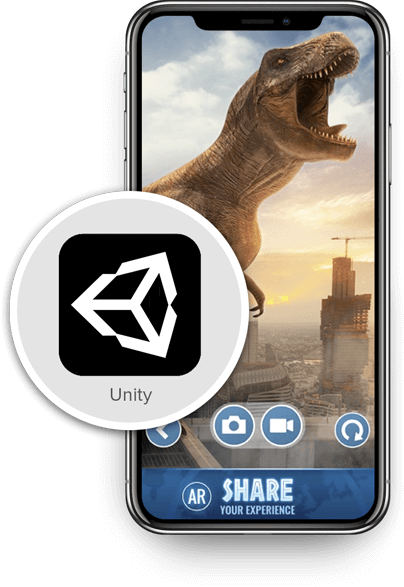
CASE STUDY | SPEND CANNIBALIZATION
Liftoff & Unity Determine Limited Cannibalization of Ad Spend

Advertisers bid against themselves in only 0.3% of auctions when advertising with both Liftoff & Unity
OverviewIn programmatic advertising, the concept of “cannibalization” occurs when an advertiser could potentially be bidding against themselves as they run their campaigns across different networks at the same time. There is a concern that they could drive up the price of the winning bid in the same auction.
To better understand if cannibalization occurs and, if so, to what extent, Liftoff teamed up with Unity, one of the world’s biggest mobile in-app ad networks, to address this question.
“Why should we work with Liftoff to run campaigns on Unity when we already spend directly with Unity (or vice versa)? Won’t we be bidding against ourselves thus cannibalizing our ad spend?”
The ResearchTo determine if cannibalization occurs when marketers advertise directly with Unity and Liftoff at the same time, Unity pulled auction-level data logs of our largest mutual advertisers for analysis.
In evaluating the auction logs, we looked to identify auctions won by Unity or Liftoff and:
- Liftoff and Unity bid in the same auction for the same advertiser
- The other company was the second highest bid in the same auction for the same advertiser (true cannibalization)
The Conclusion
While there is often overlap when two or more ad partners work with the same advertiser, we found little to no ad spend cannibalization when both Liftoff and Unity bid on the same auctions for the same advertiser.
With so many auctions per day – Liftoff processes 2.2M bid requests (aka auctions) per second – the amount of in-app inventory available is massive. Cannibalization only occurs when two or more partners bid on the same user at the same time on the same ad space for the same advertiser, an extremely unlikely scenario.
Furthermore, exchanges aggregate huge user populations and sets of inventory. As a result, each buyer on an exchange bids on only a tiny fraction of available inventory. The overlap of those bids from multiple bidders for the same advertisers is incredibly small. In analyzing the data, we found:
- Liftoff and Unity bid on behalf of the same advertiser in only 0.3% of auctions
- Liftoff was the second highest bidder in <0.09% of Unity wins
The results suggest that programmatic ad buyers value the same piece of inventory differently and apply various buying strategies that differ from one another. With a massive universe of users and in-app ad inventory, the likelihood of bidding on the same user at the same time with the same inventory for the same advertiser is highly unlikely.

